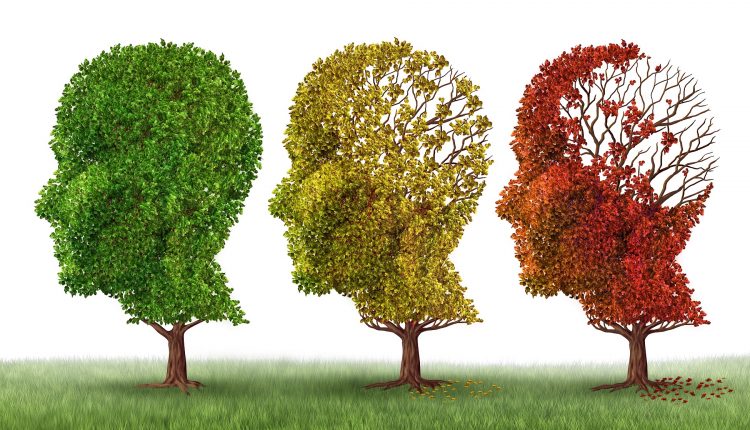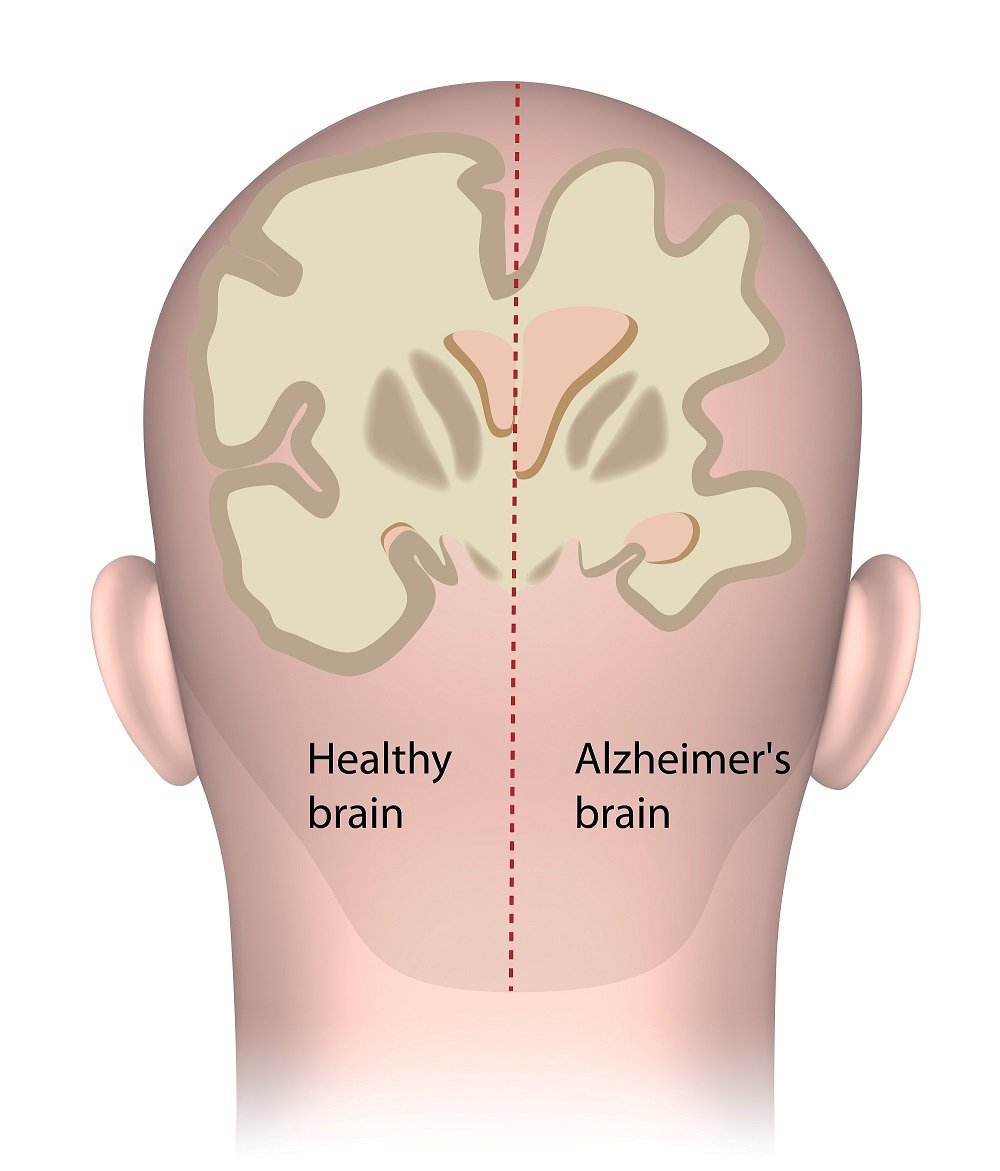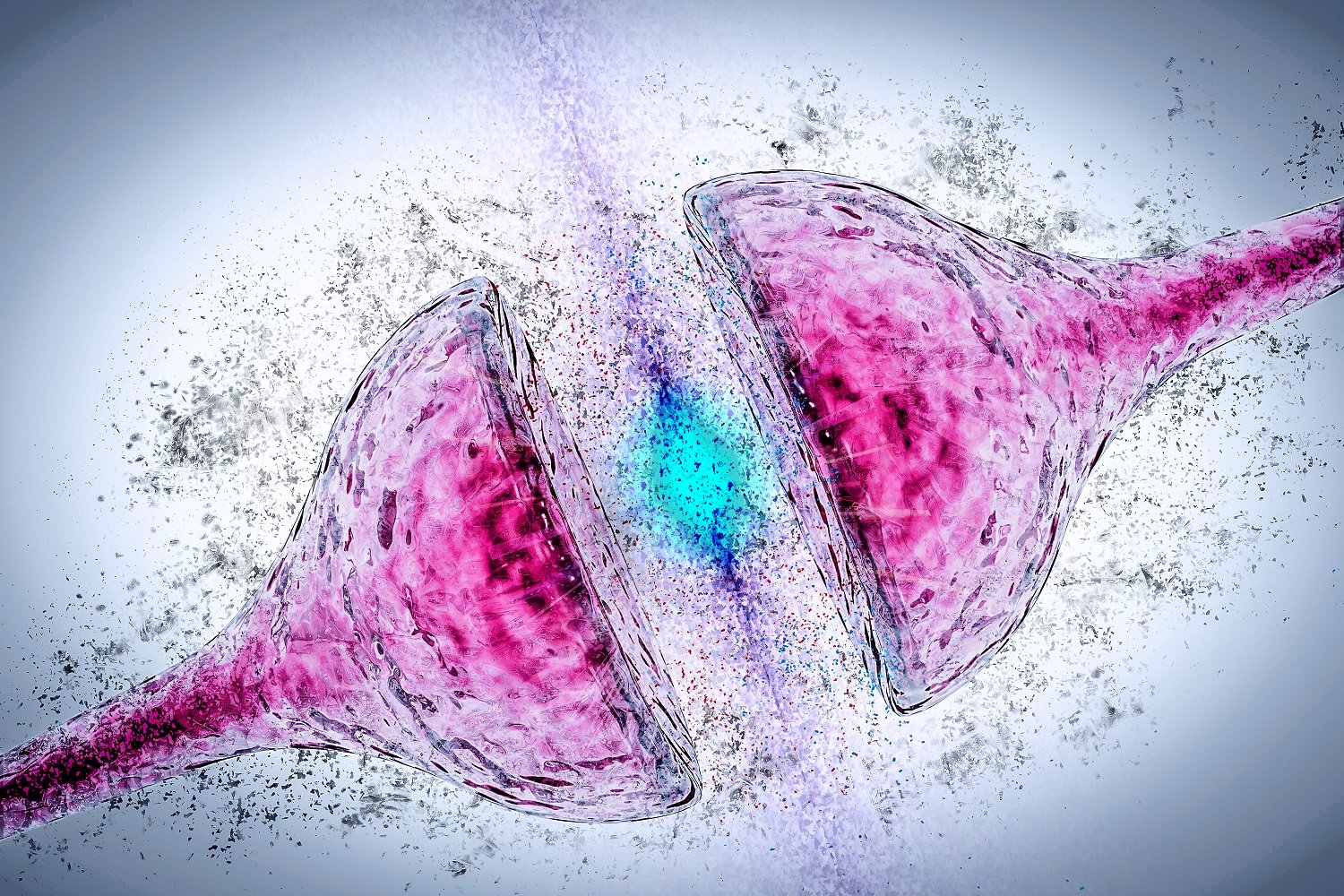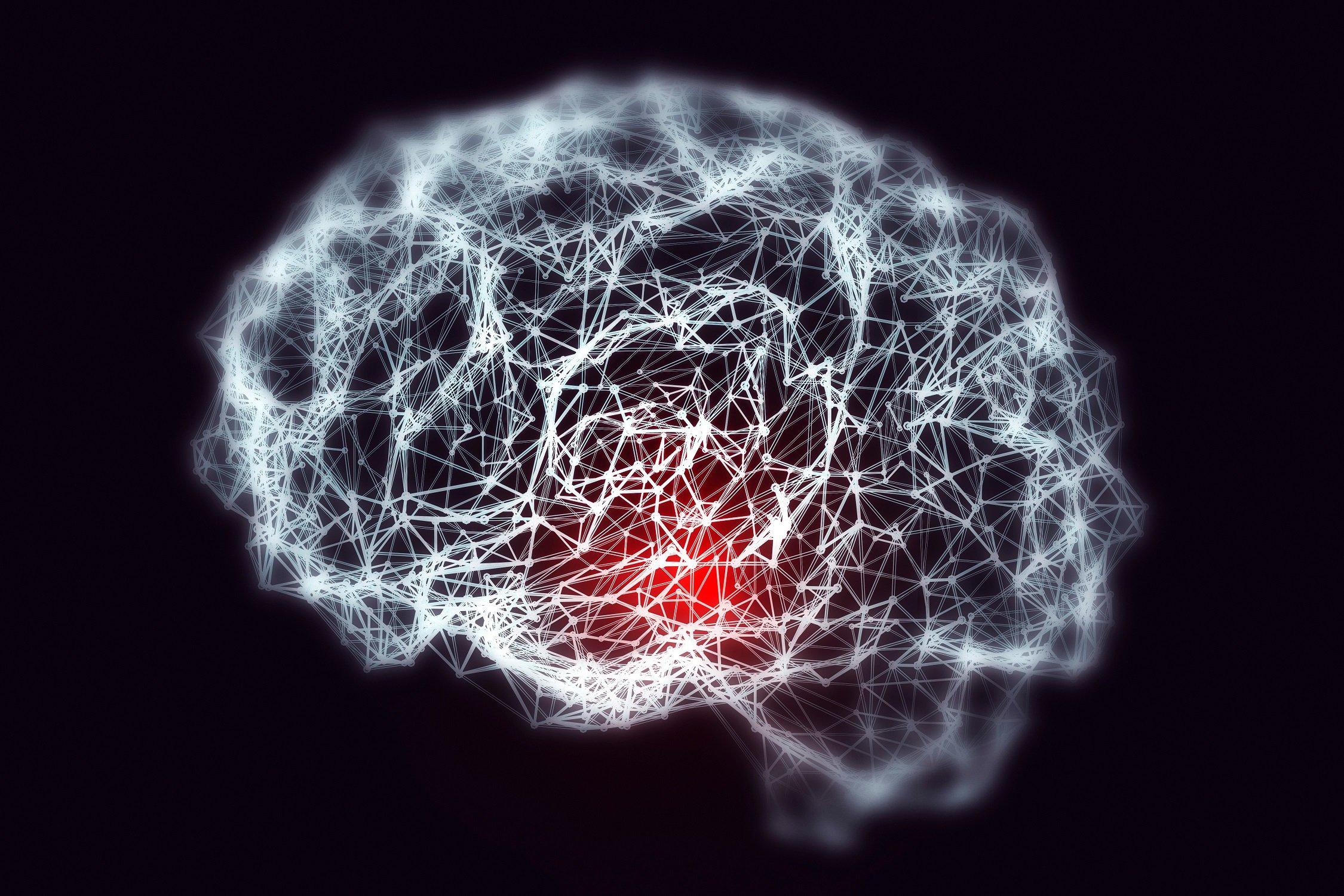
How Alzheimer’s Changes the Brain?
According to the Alzheimer’s Association, 5 million people in the US suffer from Alzheimer’s disease (AD). The disease’s progression causes problems with memory and thinking. Additionally, it damages and eventually destroys brain cells. To understand its process better, we need to know what part of the brain is affected by Alzheimer’s and take a brief look at the human brain.
Alzheimer’s disease begins by destroying neurons and their connections. The first parts to be involved are the entorhinal cortex and hippocampus. Later in the condition, it affects areas in the cerebral cortex linked to language, reasoning, and social behaviour. The damage eventually spreads to many other parts of the brain. Alzheimer’s gradually reduces a person’s ability to function independently over time. In the end, the disease can be fatal.
Contents
- 1 What Part of the Brain Is Affected by Alzheimer’s?
- 2 What Are the Main Characteristics of the Brain with Alzheimer’s?
- 3 Can the Brain Recover from Alzheimer’s?
- 4 Is Alzheimer’s Associated with Age?
- 5 What Causes Alzheimer’s Disease?
- 6 How Does Alzheimer’s Affect the Body?
- 7 How is Alzheimer’s Diagnosed?
- 8 Final Words
What Part of the Brain Is Affected by Alzheimer’s?
Alzheimer’s disease involves complex brain changes. Our brain contains billions of neurons – specialized cells that transmit information using electrical and chemical signals. These neurons communicate between different parts of the brain and between the brain, muscles, and organs. Alzheimer’s disrupts the communication between neurons, resulting in the death of cells and loss of function.
Before the symptoms appear, changes in the brain may have already begun. During the early stage of Alzheimer’s, toxic brain changes occur. Neurons that were previously healthy stop working, lose connections with other neurons and die.
The damage appears to the hippocampus and the entorhinal cortex, which are essential brain parts for memory formation.
More neurons die, causing more parts of the brain to shrink. When Alzheimer’s reaches its final stage, the brain tissue has significantly shrunk, and there is widespread damage.
What Are the Main Characteristics of the Brain with Alzheimer’s?

A brain with Alzheimer’s undergoes numerous molecular and cellular changes. After death, brain tissue can show these changes under the microscope. Researchers are studying which changes may cause Alzheimer’s and which may result from it.
Main characteristics of the brain affected by Alzheimer’s:
- Neurofibrillary tangles
- Amyloid plaques
- Chronic inflammation
- Loss of neuronal connections and cell death
Can the Brain Recover from Alzheimer’s?

Alzheimer’s has no cure yet, and there’s no way to reverse it. But in recent years, science has made remarkable strides. Experts can assist patients in maintaining functioning abilities and independence for longer periods. Medications and non-pharmacological methods may slow the disease’s progress and improve symptoms. Understanding available options can help patients and caregivers enhance their quality of life.
Is Alzheimer’s Associated with Age?
While Alzheimer’s is not a natural part of ageing, age is the most significant known risk factor. A healthy brain shrinks to some degree as it ages, but it does not lose a lot of neurons. However, Alzheimer’s disease causes widespread neurodegeneration. As a result, many neurons cease functioning, lose connections with others, and even die. In a brain with Alzheimer’s, neurons and their networks suffer from communication, metabolism, and repair disruptions.
Other Alzheimer’s risk factors include family history and genetics. High cholesterol levels and high blood pressure may also increase Alzheimer’s risk.
What Causes Alzheimer’s Disease?
It is unknown what exactly causes Alzheimer’s. Doctors believe harmful proteins called amyloid and tau build up in the brain can cause Alzheimer’s. A large clump of these proteins is called a plaque or a tangle. They interfere with normal brain function and kill healthy cells. In addition, beta-amyloid forms plaques between neurons that slowly accumulate. As amyloid levels reach a tipping point, tau spreads rapidly throughout the brain. Neurons eventually lose their ability to communicate.
When neurons die, the brain shrinks, beginning in the hippocampus, which plays a vital role in learning and memory. Symptoms may include memory loss, impaired decision-making, and language problems. When more neurons die in the brain, Alzheimer’s patients gradually lose their ability to think, remember, make decisions, and function independently.
However, tau and beta-amyloid may not be the only factors that can cause Alzheimer’s. Lifestyle and diet may also be significant risk factors. A problem with the vascular system could lead to a lack of oxygen and nutrients reaching the brain. It may be difficult for the brain to function correctly without glucose.
How Does Alzheimer’s Affect the Body?
Most people are aware that Alzheimer’s impairs memory. Symptoms might be both mental and physical. It can alter body functions, including how people move and communicate. Understanding what part of the brain is affected by Alzheimer’s can help determine what can occur when the condition worsens.
Usually, the damage begins in the memory-forming area of the brain. Alzheimer’s patients often have difficulty remembering things at an early stage. During the disease, plaques, and clusters also appear in the parts of the brain that control bodily functions.
More unusual forms of Alzheimer’s disease affect different brain parts.
In some cases, difficulties with vision or language may be the first symptoms.
As the disease progresses, the effects will vary from person to person.
How is Alzheimer’s Diagnosed?

Doctors employ various techniques and instruments to help evaluate whether a patient with memory or thinking issues has Alzheimer’s disease, including:
- Brain scans, magnetic resonance imaging (MRI) such as computed tomography (CT), or positron emission tomography (PET)
- Cognitive tests, memory, problem-solving, and language tests
- Standard medical tests, such as blood and urine.
Final Words
As a brain disorder, Alzheimer’s disease gradually destroys memory and thinking skills and, ultimately, the ability to do simple tasks.
We still don’t know what exactly causes the process of Alzheimer’s to begin. Scientists know that it starts years before symptoms appear.
Watching my husband lose his sense of self was one of the most challenging things for us as a family. He had always been such a vibrant and independent person, but Alzheimer’s slowly took away her ability to do what he loved. His personality changed over time, and it was like we were losing a piece of him daily.
Reading about the physical changes in the brain with Alzheimer’s was fascinating, but also sad to see how it all came together to cause such a devastating illness. I hope we can someday find a cure for Alzheimer’s so that no other families have to go through what we did.